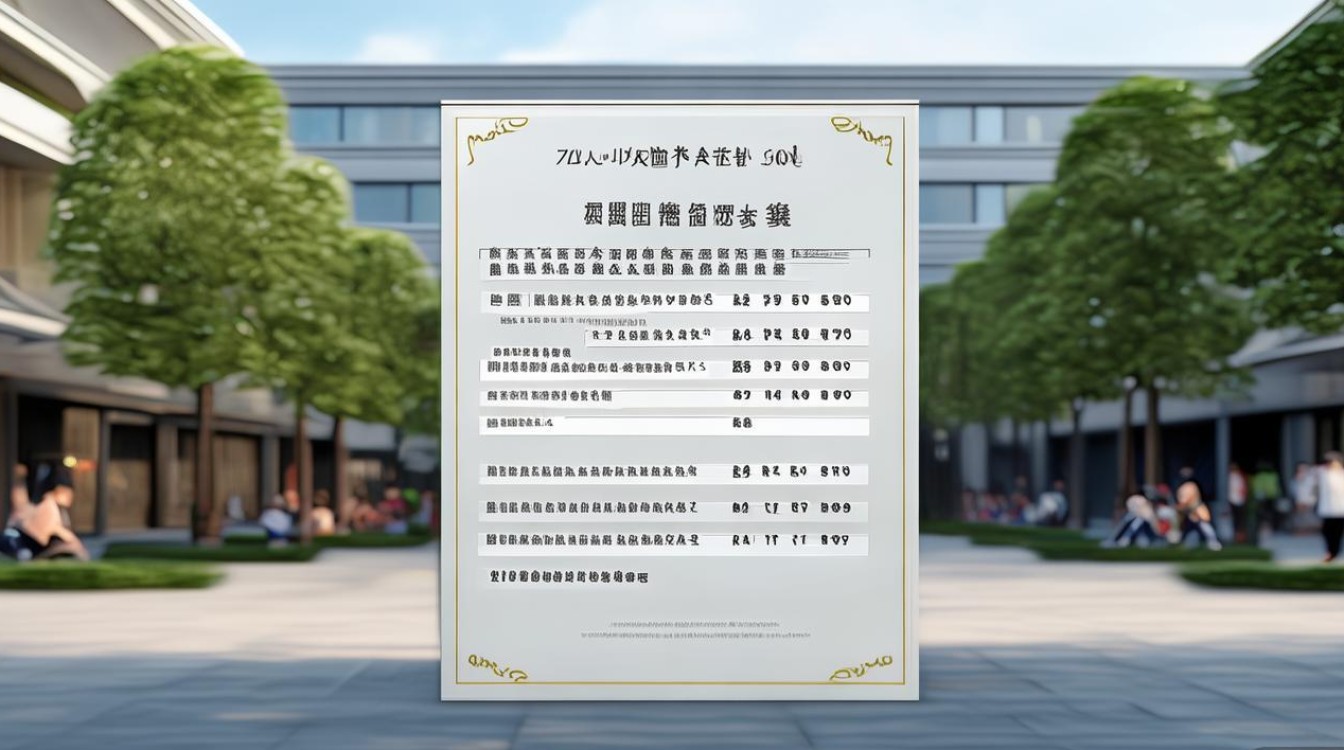影响录取分数线的核心因素
-
学校层次和类型:

- 顶尖高中:如张家口市第一中学(市一中),是全市最好的高中之一,录取分数线通常是最高的。
- 重点高中:如张家口市第四中学、宣化第一中学、张家口外国语学校等,分数线次之。
- 普通高中/区县高中:分数线相对较低。
- 职业高中/中专:分数线最低,通常不设严格的分数门槛,主要看报名情况。
-
招生计划人数:
- 如果一所学校今年在某个区域的招生名额多,分数线可能会相对稳定或略有下降。
- 如果招生名额大幅减少,竞争就会加剧,分数线可能会上涨。
-
当年中考的整体难度:
- 如果中考题目偏难,导致全市考生的平均分普遍较低,那么录取分数线也会相应下降。
- 如果题目简单,高分考生多,分数线自然水涨船高。
-
报考人数和生源质量:
- 报考某所学校的人数越多,竞争就越激烈,分数线就可能越高。
- 如果某一年某个区域的学生整体水平很高,那么顶尖学校的分数线也会被“拉高”。
如何获取最准确的分数线信息?
要了解最准确的录取分数线,您需要关注以下几个官方渠道,尤其是在中考成绩公布后和高中录取期间:
官方教育部门网站(最权威)
- 张家口市教育局官网:这是最权威的信息发布平台,每年中考后,教育局会公布全市普通高中招生计划、各学校的录取分数线、录取结果查询方式等。
- 张家口市教育考试院官网:负责具体的招生考试工作,也会发布相关的录取政策和分数线信息。
各高中学校官网/官方公众号
- 张家口市第一中学、市四中、宣化一中等各大高中,通常会在自己的官方网站或官方微信公众号上公布本校的录取分数线、招生简章和录取通知,这是获取目标学校信息的直接途径。
本地主流媒体
- 张家口日报、张家口晚报、张家口新闻网等本地媒体,会及时转载教育局发布的官方信息,并进行解读和分析。
学校官方通知
- 最直接的方式是关注目标高中的校内公告栏或招生办公室的通知,他们会第一时间发布录取分数线和后续的报到安排。
近年分数线参考(仅供参考,请以当年官方为准)
为了给您一个大致的概念,这里提供一些张家口市第一中学近年来的大致分数线范围(作为参考,具体分数和位次每年都有浮动):
- 主城区(桥东区、桥西区):通常需要排在全市前1500名左右,总分(含加分)大约在620分 - 640分以上(总分750分制)。
- 宣化区、下花园区等:分数线会稍低一些,通常需要排在所在区县前列。
- 其他县(如蔚县、涿鹿、怀来等):市一中在各县有招生名额,分数线根据当地考生水平而定,通常也需要是全县的顶尖学生。
重要提示:
- 这只是预估参考,每年的题难易度、考生人数都会变化。
- 除了总分,很多重点高中还会参考“综合素质评价”或“学科单科成绩”,尤其是在总分相同的情况下。
总结与建议
- 没有固定答案:张家口学校的录取分数不是固定的,每年都在变化。
- 关注官方渠道:最准确的信息来源永远是张家口市教育局官网和目标高中的官方发布。
- 定位目标:首先确定您想了解的是哪一所或哪几所学校(市一中、四中、宣化一中,还是其他学校)。
- 参考往年数据:可以查看目标学校近2-3年的分数线,结合自己孩子模拟考的排名,做一个大致的定位和努力方向。
- 咨询学校:可以直接拨打目标高中招生办公室的电话进行咨询。
希望这些信息能帮助到您!祝您的孩子学业有成,考上理想的学校!











